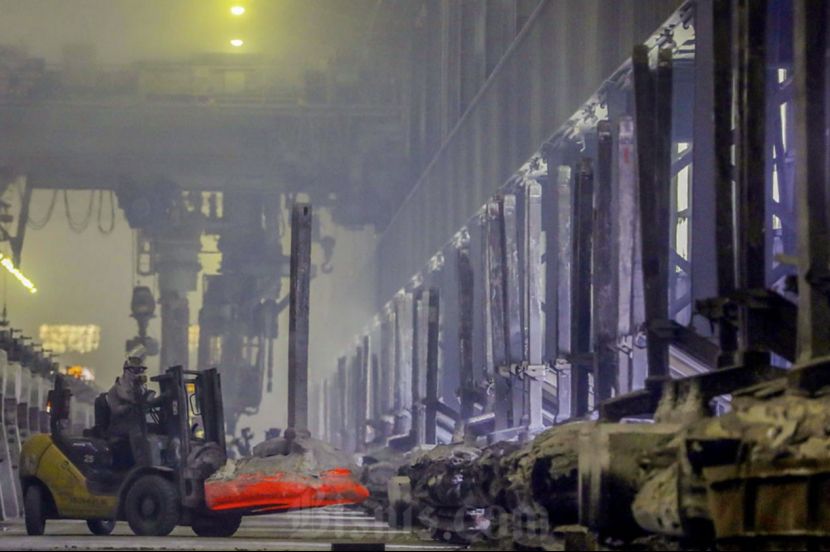Chinese enterprises layout development of Indonesia's aluminum downstream industry

The Ministry of Energy and Mineral Resources has said that a number of Chinese companies are beginning to focus on Indonesia's aluminum industry, which is expected to boost the downstreaming of previously stalled bauxite.These Chinese companies have invested in the downstream bauxite sector and some are planning to expand into aluminum smelters. Shandong Nanshan Aluminum has invested in the Garang Batang Special Economic Zone on Bintan Island, China Hongqiao Group has invested in West Kalimantan through PT Well Harvest Winning Alumina Refinery, and some of these companies are planning to expand into aluminum smelters. Indonesia has bauxite reserves of about 7.4 billion tons, of which 2.7 billion tons are already in mining condition, making it one of the countries with the largest bauxite reserves in the world. bauxite ore production reached 31.8 million tons in 2022, and in 2023, due to the ban on the export of raw bauxite, the production dropped to 19 million tons, and it is expected that with the commissioning of the new downstream projects, the production will pick up. There are currently four bauxite smelters in commercial operation, with a total input capacity of 13.88 million tons/year and an output of 4.3 million tons of smelter-grade alumina. However, the domestic capacity of processing alumina into aluminum is limited, only PT Indonesia Asahan Aluminium, with an input capacity of about 500,000 tons/year of alumina. The downstreaming process of bauxite is limited by financial constraints and requires accelerated investment implementation and supporting infrastructure development. The Ministry of Energy and Mineral Resources (MEMR) is evaluating the draft work plan and budget of the Bauxite Mining Business Licensee for 2024-2026. Regulation of the construction and operation of aluminum smelters has been strengthened to ensure that investments comply with regulations, promote sustainable development and protect communities and the environment. The government expects strong investors to not only build alumina processing plants, but also to extend into aluminum end-product production, forming a sustainable and autonomous industrial ecosystem that will significantly increase domestic value-added.With Indonesia's national bauxite production expected to be around 14 million tons in 2024, matching the current 13.88 million tons/year of input capacity for processing and smelting facilities, bauxite downstreaming is currently in a transition phase.

